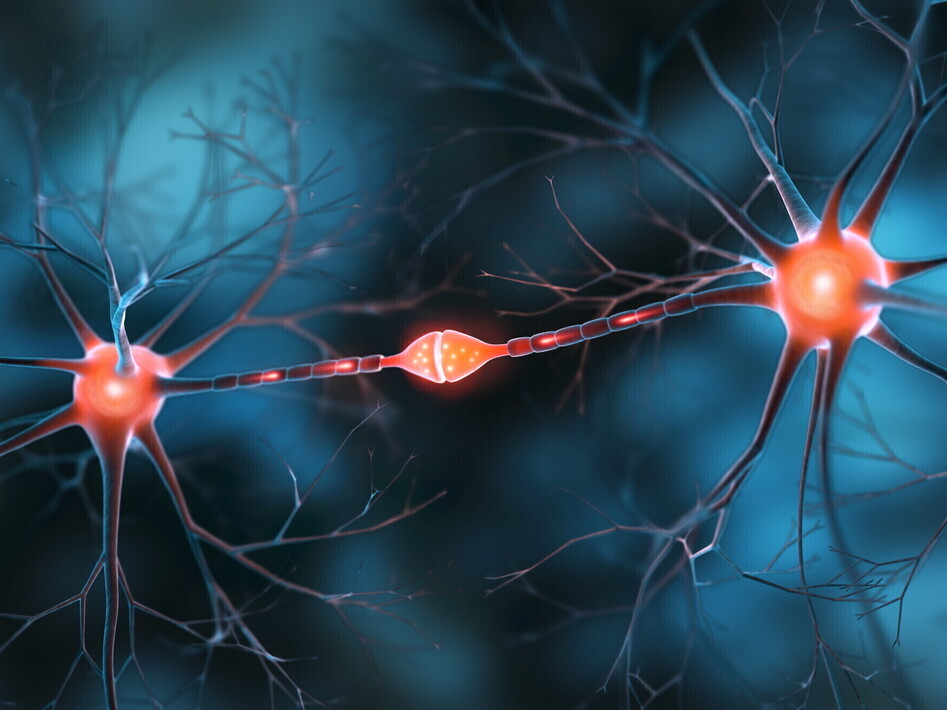A newly discovered brain computing mechanism
07 January 2025

Did you know that even when you think you’re giving your all, you’re not?
It’s been known for years that we don’t fully understand the brain. But recently, scientists uncovered a unique form of electrical impulse, suggesting that the brain might be an even more powerful computing unit than previously thought. While studying human brain tissue, researchers observed these unique signals in neurons of the cerebral cortex, which is involved in thought processes, memory, and learning. These impulses, unlike the usual sodium-based ones, also use calcium ions. This combination of positively charged ions triggered unprecedented voltage waves, termed dendritic calcium-mediated action potentials (dCaAPs).
The function of these signals was studied in depth, revealing that neurons can perform not only classic logical operations like AND (a message is transmitted only if two or more conditions are met) and OR (a message is transmitted if at least one condition is met) but also more complex operations, such as XOR (Exclusive OR), where a condition is satisfied only if one criterion is met and the other isn’t. The ability of a single neuron to handle such advanced logical operations suggests that the brain is far more sophisticated than we imagined.
This discovery could revolutionize our understanding of the human brain and inspire the design of nervous-system-inspired hardware, paving the way for more efficient transistors and advanced neural networks. However, further research is needed to observe these signals in living systems and determine whether similar mechanisms exist in other species.
By Matteo Musella, 3L – Liceo Scientifico Vittorio Veneto, Milan


